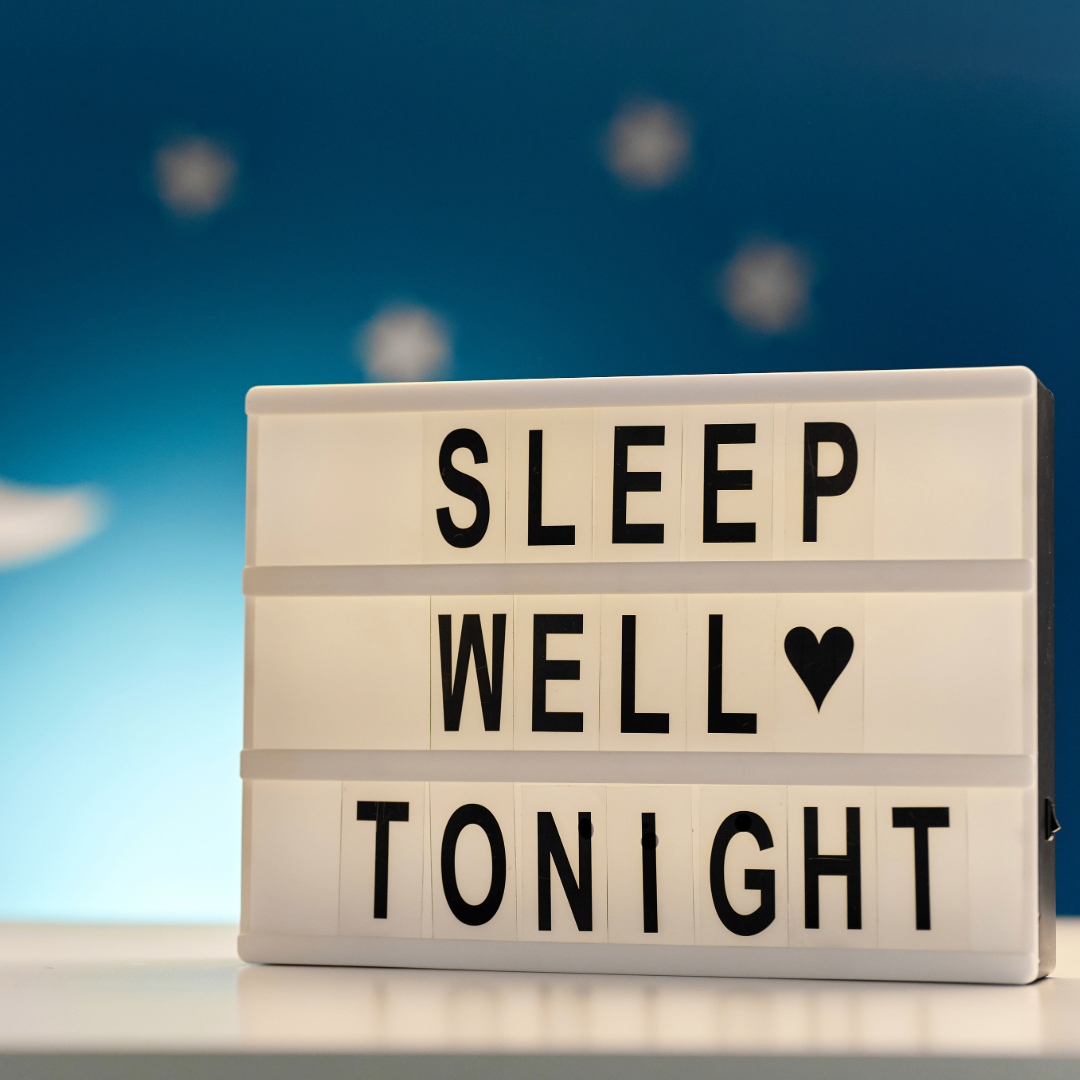In today’s fast-paced digital world, stress has become a familiar companion for many of us. The constant barrage of emails, notifications, and digital distractions can leave us overwhelmed and burnt out. However, managing stress effectively in the digital age is not only possible; it’s essential for our mental and physical health. This article explores various tools and techniques to help soothe the mind and body.
Understanding Digital Stress
Digital stress refers to excessive digital device use’s mental and physical strain. It is characterized by feelings of anxiety, irritability, and a sense of being overwhelmed by digital information and interactions. The impact of digital stress can extend beyond mental health, affecting physical well-being, sleep patterns, and overall quality of life.
Recognizing the sources of digital stress is the first step toward managing it. These can include the pressure to respond immediately to communications, the constant influx of news and information, and the blurred lines between work and personal life.
Digital Detox: The Power of Unplugging
One of the most effective ways to combat digital stress is periodically disconnecting from digital devices. A digital detox involves setting aside time to turn off smartphones, computers, and other digital devices so that you can focus on real-life interactions and activities without interruptions.
Scheduled Disconnects
Implement regular periods where digital devices are set aside, such as during meals, an hour before bedtime, or weekend mornings. These breaks help reduce dependence on technology and provide much-needed mental relief.
Mindful Usage
Be mindful of the time spent on digital devices. Apps that track usage can highlight how much time is spent online. Setting limits on these apps can prevent excessive use and promote healthier habits.
Mindfulness and Meditation
Mindfulness and meditation are powerful tools for managing stress. They involve focusing on the present moment while calmly acknowledging and accepting your feelings, thoughts, and bodily sensations.
Daily Practice
Even a few minutes of mindfulness or meditation daily can significantly reduce stress. Many apps and online resources are available to guide beginners through the process.
Integration with Technology
Interestingly, technology can also support mindfulness practices. Apps like Headspace or Calm provide guided meditations, breathing exercises, and stories to help users sleep better and reduce stress.
Physical Activity: A Natural Stress Reliever
Regular physical activity is one of the most effective ways to reduce stress—exercise releases endorphins, chemicals in the brain that act as natural painkillers and mood elevators.
Exercise Routines
Establishing a regular exercise routine that fits your schedule and interests can significantly reduce stress levels. Whether it’s yoga, running, cycling, or dancing, the key is to find an activity you enjoy so it becomes something to look forward to rather than a chore.
Breaks for Movement
Short breaks for physical activity during the workday can also help manage stress. Simple activities like stretching, walking around the block, or doing a few yoga poses can recharge your mind and body.
Healthy Boundaries with Technology
Setting boundaries with technology is crucial in preventing digital stress. This involves being intentional about how and when you use technology.
Work-Life Balance
Establish clear boundaries between work and personal life. This might mean having separate devices for work and personal use or setting strict cut-off times for checking work emails.
Notification Management
Take control of notifications to minimize interruptions. Turning off non-essential notifications or scheduling them to appear only at specific times can reduce the constant sense of urgency and distraction.
Managing stress in the digital age requires consciously balancing technology with activities promoting mental and physical well-being. By understanding the sources of digital stress, taking breaks from technology, practicing mindfulness, staying active, and setting healthy boundaries, you can protect your health and improve your quality of life in today’s digital world. Remember, it’s about finding what works best for you and making small changes that can lead to significant benefits.
Dr. Barbara R. Edwards, an internist, practices at Penn Medicine Princeton Health in the Princeton Medical Center and is their Academic Director for the Ambulatory Residency Program.






